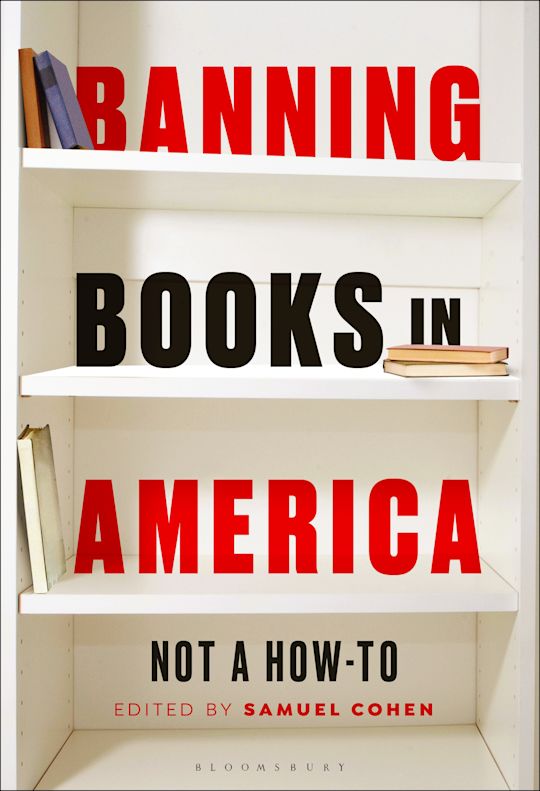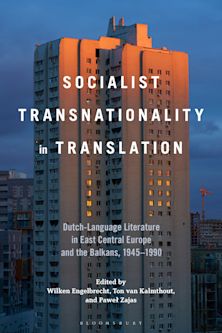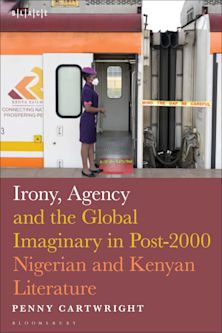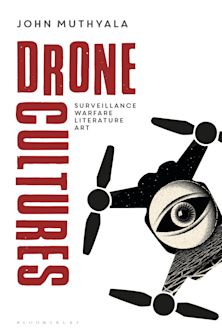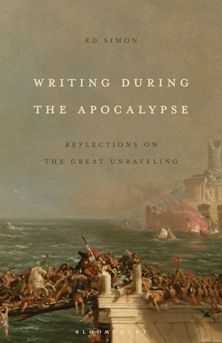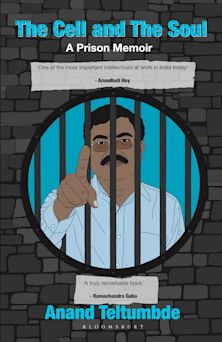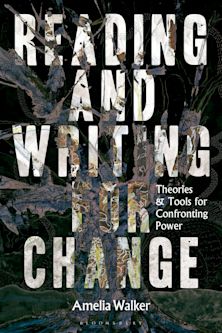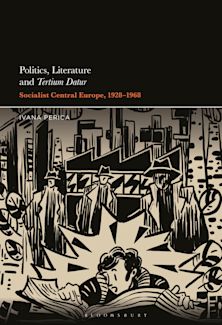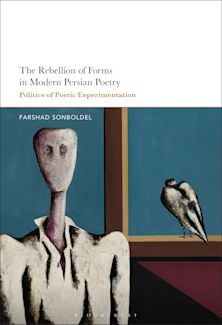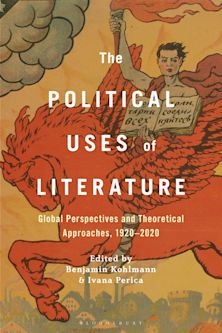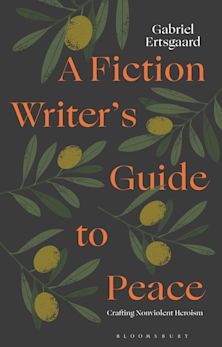Payment for this pre-order will be taken when the item becomes available
- Delivery and returns info
-
Free CA delivery on orders $40 or over
Description
This is a book about banned books in the U.S. - about reading them, teaching them, and lending them under the shadow of political pressure not to.
Banning Books in America features novelists on banning and being banned, arguments about the histories and politics of book banning, readings of banned books in national and international contexts, and responses to new legislation by anti-censorship advocates, teachers, and librarians. Together, these writers and educators provide a view from the trenches of the wars on reading. They offer, if not a single blueprint, models for how to think about what it means to ban books and how to fight back against the forces that would ban them.
This book shows that at the heart of this issue is the question of what books mean to people. Some Americans are determined to decide which books other Americans shouldn't get to read. Why these books? Why now? Anyone who seeks to answer these questions must examine the context, historical and current, in which Americans allow this to happen.
This is a book about book banning in America, and so it is a book about America.
Table of Contents
Samuel Cohen (University of Missouri, USA)
Part. 1: Writers on Book Banning
1. The Woodcutters
Lydia Millet
2. Jane Smiley on What It's Like to Have Your Book Banned
Tai Caputo (Iowa City High School, USA)
3. Keep Kids Reading
Carol Weston
4. From U.S.!: A Novel
Chris Bachelder
Part 2. Arguments About Book Banning
5. Why Americans Must Speak Up to Defend University Autonomy
Jeremy Young and Jacqueline Allain (PEN America)
6. From the Word to the World
Emily Drabinski (American Library Association)
7. Is It Ever Ok to Ban a Book?
Leonard Cassuto (Fordham University, USA)
8. Reading Howl across the Iron Curtain, or Why Our Cold War Ideas About Banned Books May No Longer be Helping
Brian Goodman (Arizona State University, USA)
9. Banning the Enlightenment
Aaron Santesso (Georgia Tech, USA)
10. Why It's Okay to Call It a Ban
Emily Harris (Annie's Foundation)
Part 3: Teachers on Book Banning
11. "Amputate the Problem, Band-Aid the Solution": Censoring Toni Morrison
Amardeep Singh (Lehigh University, USA)
12. Banned Books in Transnational Contexts: Censorship in School Curricula in Wisconsin and India
Lopamudra Basu (University of Wisconsin – Stout, USA)
13. Illiberal Education
Annie Abrams (The Bronx High School of Science, USA)
14. A Banned Books Course Syllabus with Historical Notes, Unfortunate Puns, and Books, Lots of Books
Samuel Cohen (University of Missouri, USA)
Acknowledgments
Notes on Contributors
Bibliography
Index
Product details

| Published | Feb 19 2026 |
|---|---|
| Format | Hardback |
| Edition | 1st |
| Extent | 192 |
| ISBN | 9798765138076 |
| Imprint | Bloomsbury Academic |
| Dimensions | 216 x 140 mm |
| Publisher | Bloomsbury Publishing |
Reviews

ONLINE RESOURCES
Bloomsbury Collections
This book is available on Bloomsbury Collections where your library has access.









